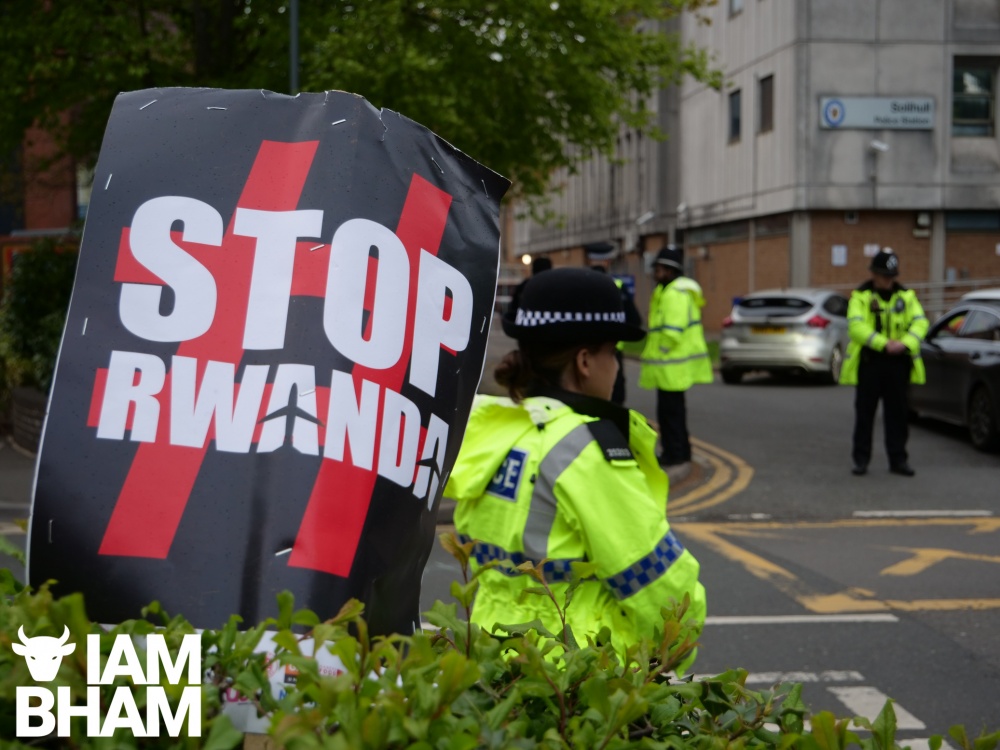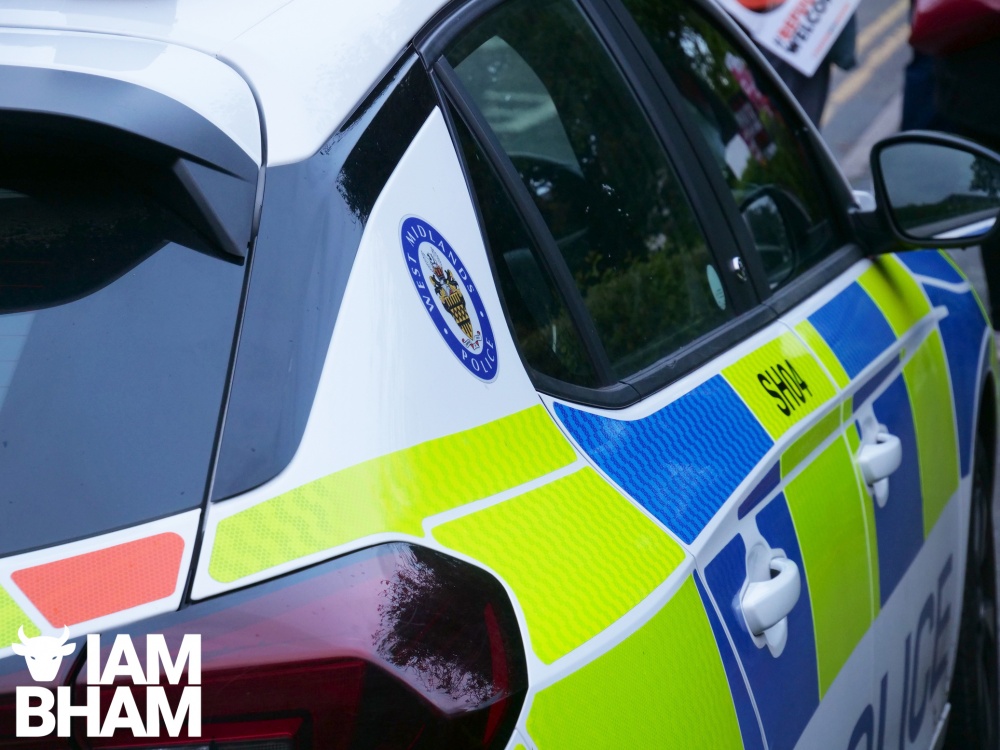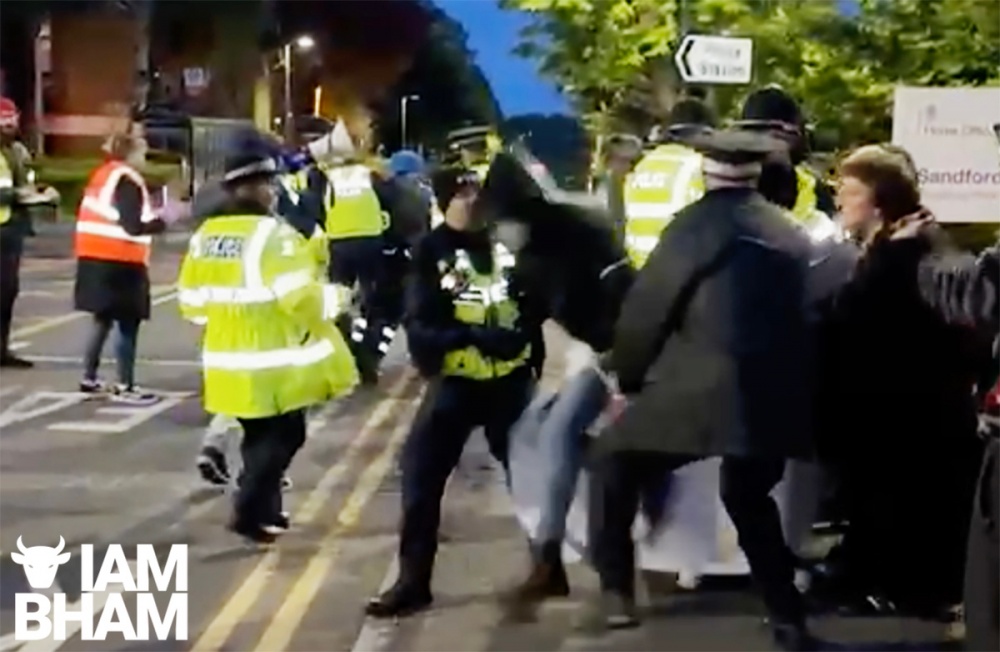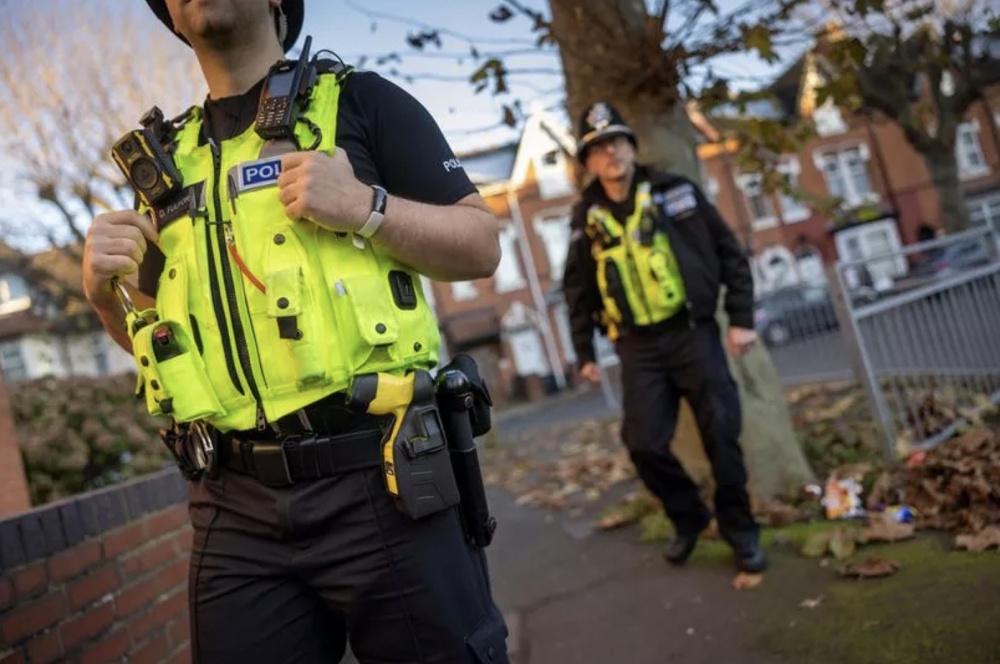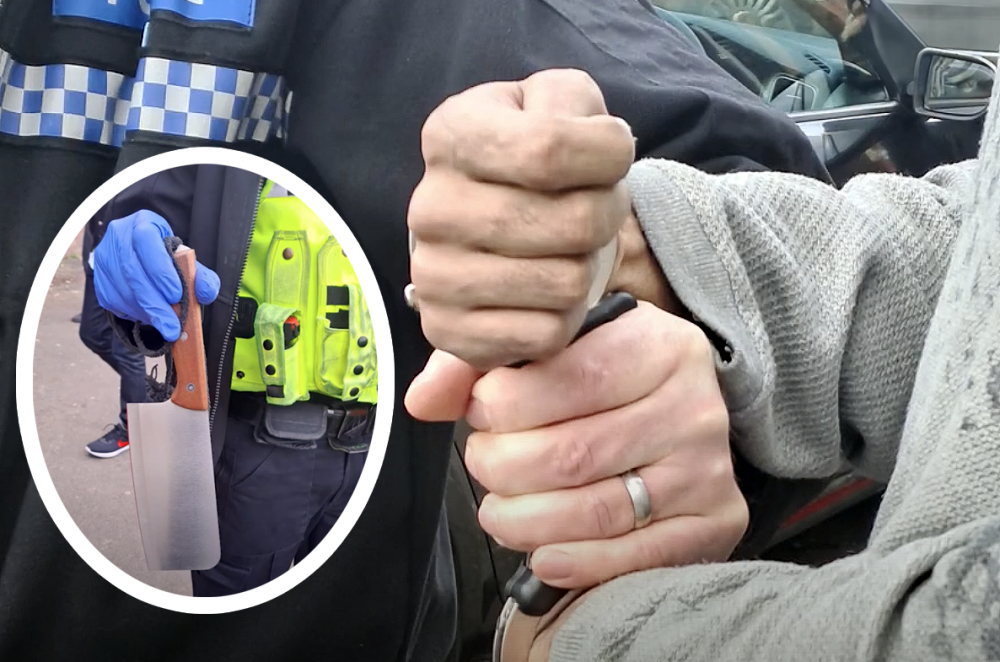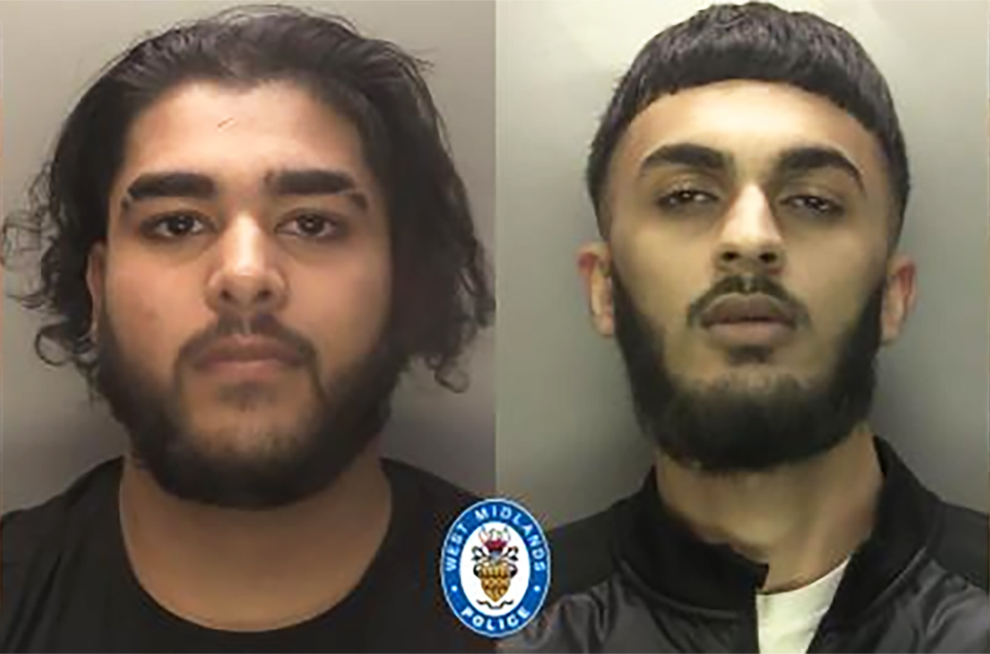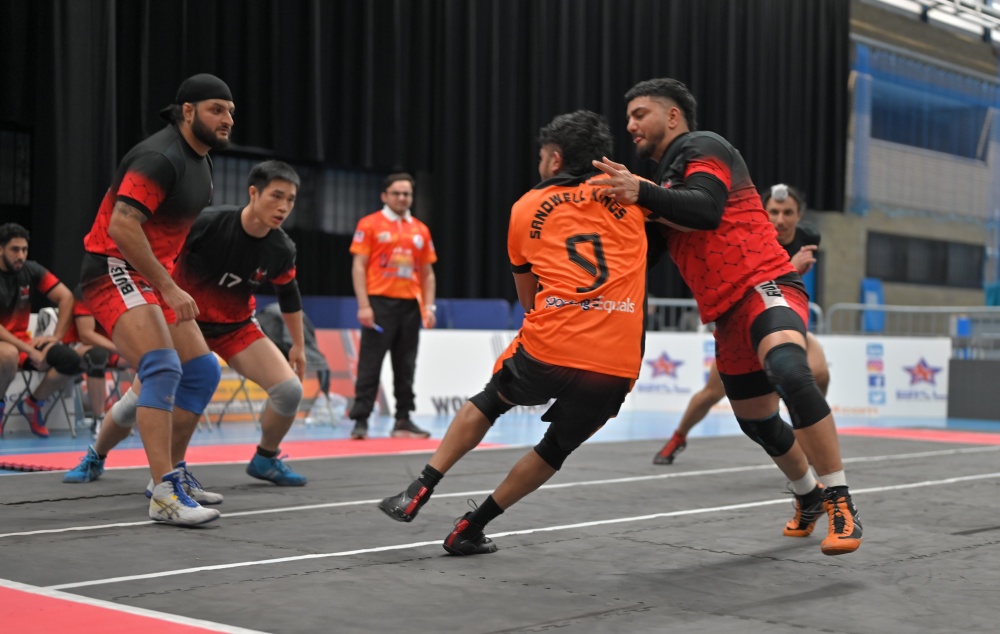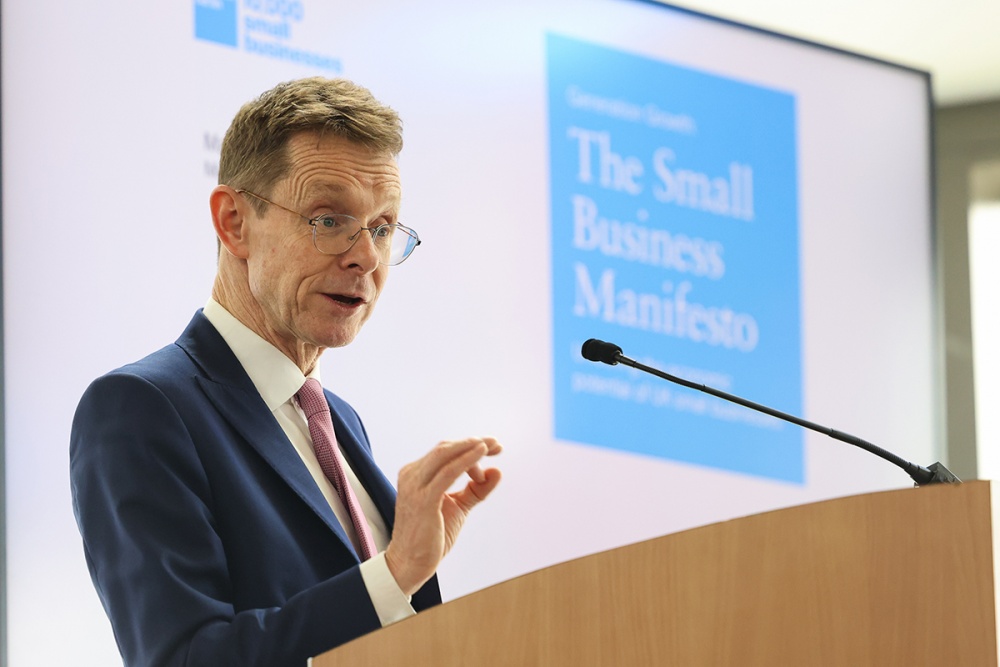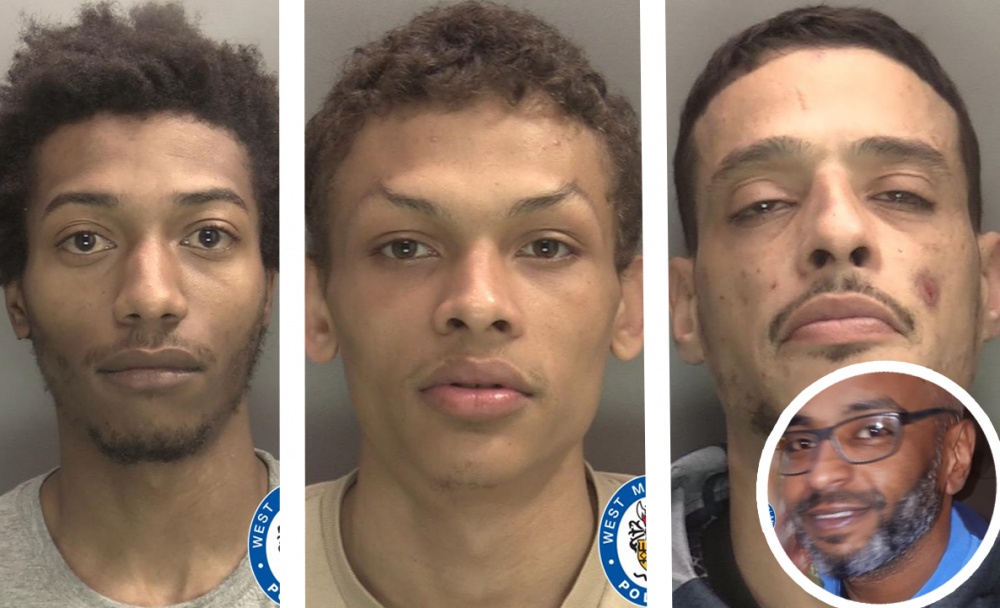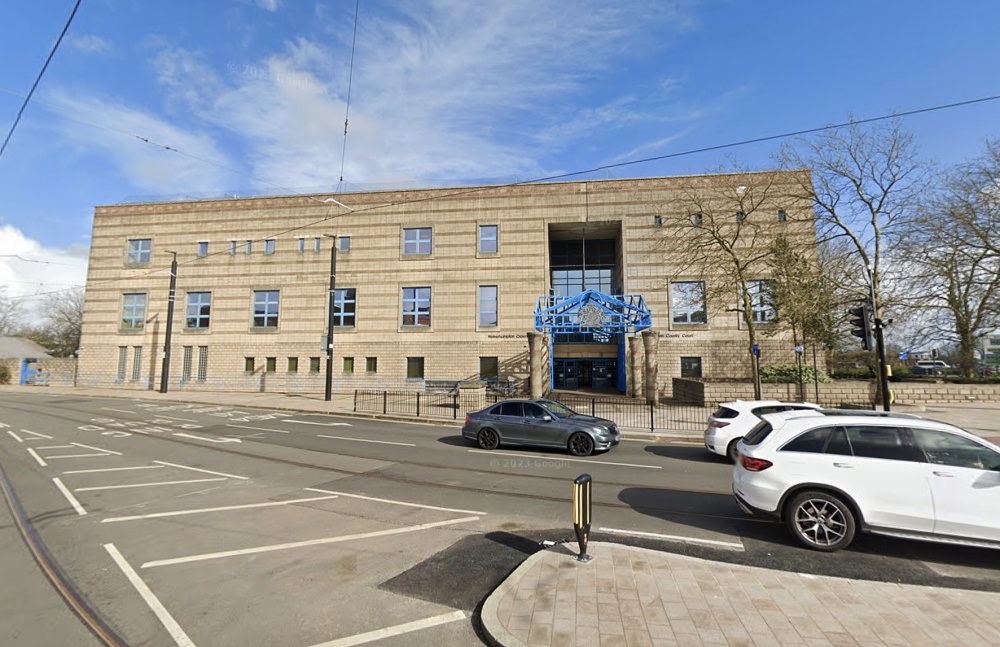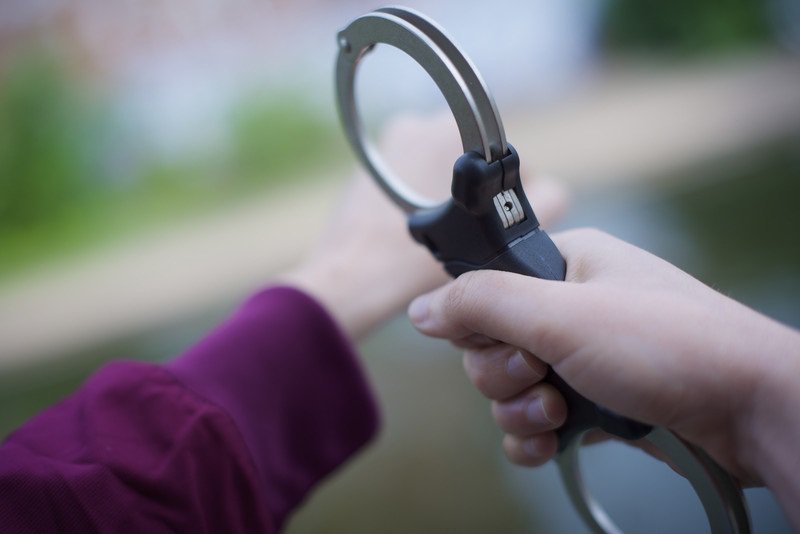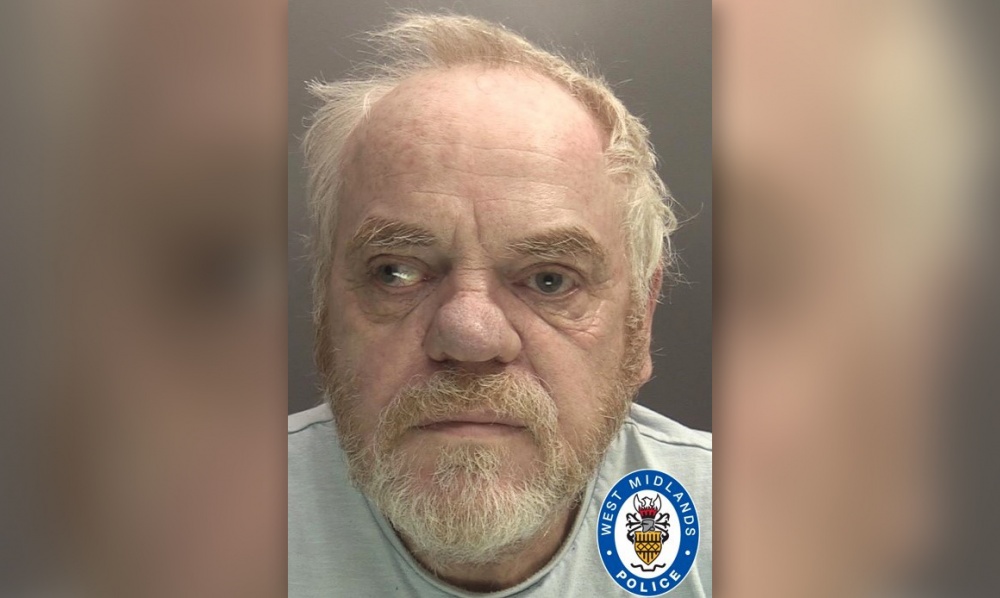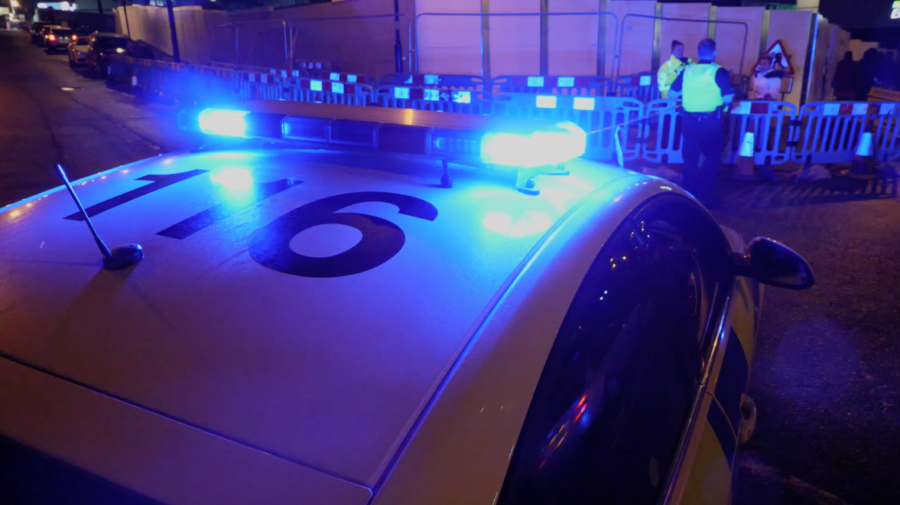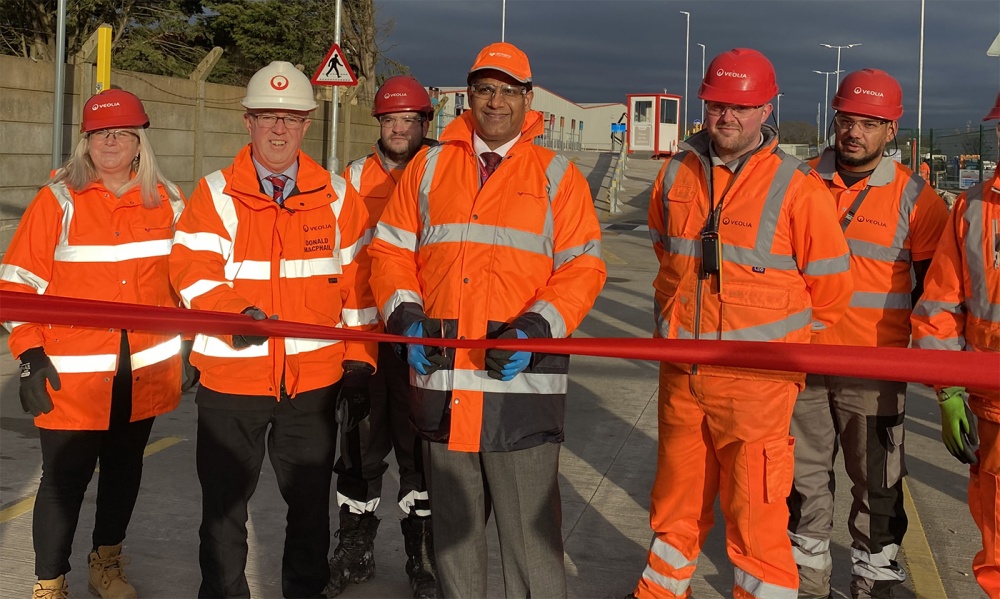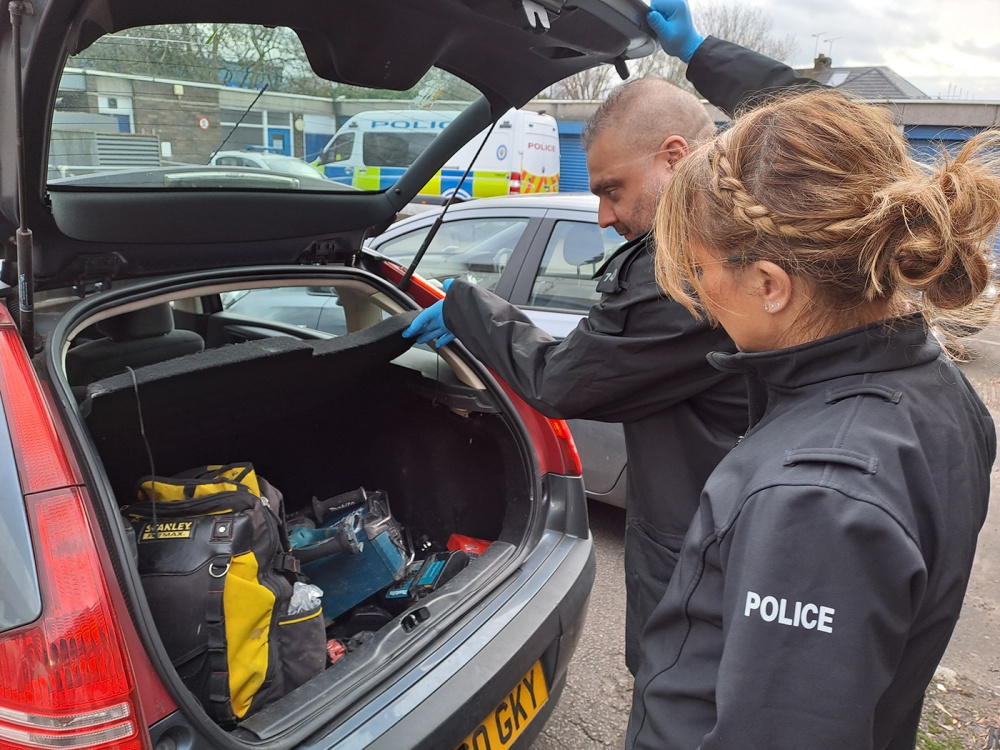When is the West Midlands mayoral election and how can you vote?
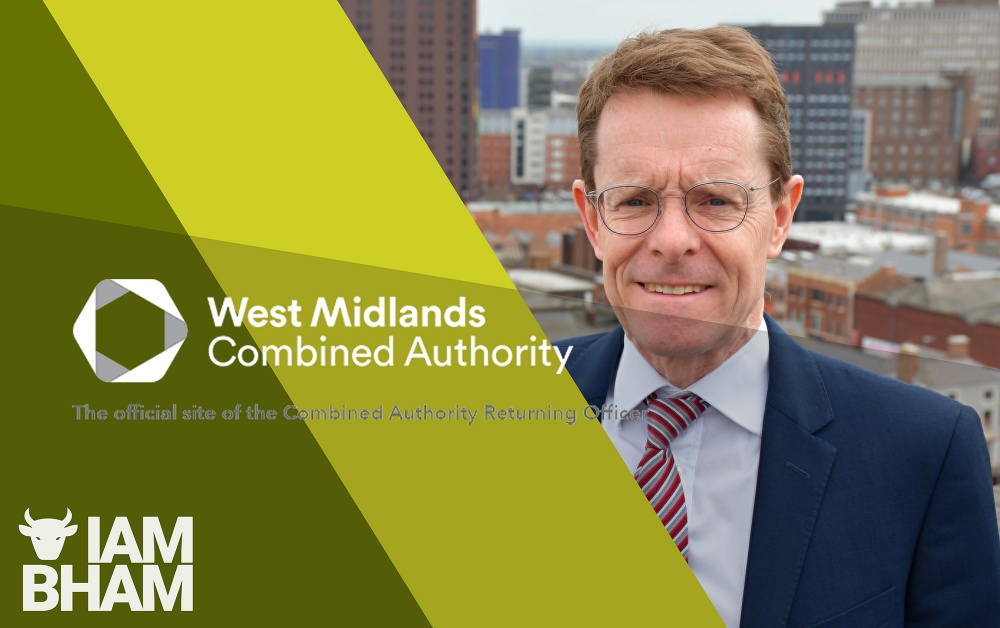
The Government have now confirmed that the Local, Combined Authority Mayor and Police and Crime Commissioner elections that were due to take place on 7 May will now take place on 6 May 2021.
The West Midlands Combined Authority are still awaiting additional advice and guidance from the Government and Electoral Commission on some of the practicalities.
Returning Officers have been working on plans for these elections for a number of months and will ensure that all necessary arrangements are in place to ensure that candidates, agents and electors can access the democratic process appropriately.
Polling stations will be open from 7am to 10pm on 6 May 2021.
Register to vote
To vote for the West Midlands Mayor you must live in the West Midlands and be registered to vote by 19 April 2021.
If you are over 18 and not registered to vote you can register to vote online. If you are already registered to vote at your address, you do not need to re-register specifically for this election. If you are unsure whether you need to register, you should contact your local Electoral Services Team.
What is a combined authority Mayor?
The combined authority Mayor is the directly elected leader of a combined authority. The directly elected Mayor of the West Midlands chairs the West Midlands Combined Authority (WMCA) Board.
The combined authority consists of the seven constituent members of the West Midlands Combined Authority (WMCA) – Birmingham, Coventry, Dudley, Sandwell, Solihull, Walsall and Wolverhampton. The Mayor chairs the combined authority and has powers and responsibilities to make strategic decisions across the whole region. This is in contrast to local council leaders who only make decisions for, and on behalf of, their local authority.
Why does the West Midlands have an elected combined authority Mayor?
The Mayor, in partnership with the combined authority, exercises the powers and functions set out in the West Midland’s devolution deal.
All devolution deals require areas to have a directly elected mayor. The Government believes the role ensures clear accountability over the powers, functions and funding that is devolved from national to local level.
A key part of the role is to act as an advocate and global ambassador for the West Midlands.
What does the WMCA do?
The Mayor leads the Combined Authority, working with partner authorities and stakeholders and chairs the WMCA Board. The main functions of the Authority relate to Transport, Housing and Regeneration, Employment and Skills, Economic and Industrial strategy, Investment and Public Service Reform.
As the devolution agenda develops so the role of the Mayor is also expected to evolve, working with combined authority colleagues to deliver the best possible outcomes for the residents and businesses of the West Midlands.
The Mayor and the Combined Authority work with partners and Central Government to identify appropriate powers and functions that could be better exercised locally in addition to those already devolved with the overall aim of bringing inclusive growth to the West Midlands area.
How long will the combined authority Mayor be in office?
The term of office for the Mayor is four years, the postponement of the 2020 elections has not affected the term and the next election will be in May 2024.
📅 On Thursday 6 May, we’ll go to the polls to vote for a West Midlands Mayor.
Don't miss out on using your voice to help shape our region’s future 🗣️
It's our region, our voice 🗳️…find out more at https://t.co/nOaoHalOOF#GetReadyToVote #YourVoteMatters #WMMayor #OurMayor pic.twitter.com/36jXbRAmUY
— West Midlands CA (@WestMids_CA) April 20, 2021
Key information for voters
The election of Mayor for the West Midlands Combined Authority (WMCA) will take place on Thursday 6 May 2021. The Mayor will be directly elected by voters from the seven local authorities that make up the combined authority area.
This election will also be combined with the Police & Crime Commissioner Elections and local elections in all areas, apart from Birmingham, where there are no scheduled local elections are being held however, there will be a number of by-elections.
Who can vote in this election?
To vote on 6 May, you need to make sure you’re registered by 19 April 2021. In order to register to vote:
- You must be 18 or over on the day of the election (‘polling day’)
- You must be a British, Commonwealth or EU citizen
- You have to be resident at an address in one of the seven constituent members of the WMCA – Birmingham, Coventry, Dudley, Sandwell, Solihull, Walsall and Wolverhampton
- You are not legally excluded from voting (you can check)
- If you are not already on the electoral roll, you must register to vote.
If you happen to live in two local authority areas, as a student or otherwise, you can be registered in both areas but you can only vote in this election once, otherwise you might be guilty of a criminal offence. Find out more.
If you’ve moved address recently and have not already registered at your new address then you can register to vote. Please put your previous address in your application to ensure your details are removed from that address.
If you wish to confirm that you are registered to vote, you can contact your local electoral services office.
How do I vote?
Once registered to vote, you should receive a polling card through the post at your home address. You are then able to cast your vote in person, by post, or by proxy on 6 May.
If you cannot make it in person to the polling station you can vote by post, or have someone do so in person on your behalf, by ‘proxy vote’. You will, however, need to apply to vote by either method in advance. Speak to your local authority to do so.
At the polling station
All polling stations across the West Midlands are open on polling day from 7am until 10pm.
If you are registered and entitled to vote then you will receive a poll card before the election telling you where to vote.
When going to the polling station it helps to take your polling card with you. However if you forget your polling card you will still be able to vote. You do not need to take your poll card with you.
Staff at your polling station on polling day will ask you to confirm your name and address and will then hand you your ballot paper.
Voters with a physical or visual impairment who are unable to mark their own paper can be assisted by one of the presiding officers.
Covid-19 measures at polling stations may include:
- Separate entrances and exits where possible
- Altered layouts to allow for social distancing when waiting to vote and when completing a ballot paper, but still ensuring electors can cast their vote in secret
- Polling station staff wearing PPE
- Voters asked to wear face covering where possible and use hand sanitiser when they enter the polling station
- Voters encouraged to bring their own pen or pencil
- Polling booths regularly sanitised.
- These measures may mean electors have to wait for longer than usual to be able to cast their vote. Busy times in polling stations often include 7am to 9.30am, lunchtime, 3.30pm to 4.30pm and 6pm to 8pm. Trying to avoid these peak times may mean voters have to wait for a shorter period of time. Anyone queuing to vote at a polling station by 10pm will still be able to vote.
I have lost my poll card. Can you send me another one?
You do not need a poll card to vote, so another one will not be sent. The poll card is just to inform you that there is an election and to provide you with other information such as where your polling station is situated.
Find your polling station:
For Birmingham residents, visit the Birmingham City Council website and enter your postcode into the box marked ‘Find your local services and facilities’.
For Coventry, Sandwell, Solihull, Walsall and Wolverhampton residents you can use the Democracy Club postcode checker.
Dudley residents should contact the Electoral Services Office.
When you arrive at the polling station, staff will ask you to confirm your name and address. They will then check that you are registered and hand you a ballot paper. They can also help you understand how to fill in your ballot paper.
If you would like to find out your polling station, you can contact your local Electoral Services Office.
Voting by Post
Anyone who is registered and eligible to vote can apply for a postal vote at this election. Many people choose to vote by post if they are away from home on polling day, or if they have difficulty in getting to their local polling station.
The deadline to apply for a postal vote at this election is 5pm on Tuesday 20 April. You can obtain an application form from your local Electoral Services Office or download a postal vote application form here.
If you are set up with a postal vote then your ballot papers will be sent through the post to you, along with a postal voter’s statement (which requires your signature and date of birth), instructions on how to complete and return your postal vote, and a freepost envelope in which to return it.
Postal votes will be sent around the 16 April, but if you apply for a postal vote after 22 March, you should contact your local authority to check when your postal vote will be issued. Due to the specialist nature of postal vote production, it can take a couple of weeks from the receipt of an application form for the postal vote to be issued.
If you leave it too late to post your postal vote back to us, you can return it by hand either to your local Electoral Services Office or any polling station in your local authority area.
Voting by Proxy
Voting by proxy means appointing someone else to vote on your behalf. The deadline to appoint a proxy is 5pm on Tuesday 27 April. You can obtain an application form from your local Electoral Services Office or download a proxy voting application form here.
In order to vote on your behalf, your proxy must attend your polling station, even if this is in a different location from where they need to go to cast their own vote. If your appointed proxy is unable to attend your polling station then they can apply to vote by post. The deadline for them to apply for this is 5pm on Tuesday 20 April.
Information for carers and people with disabilities
There are a number of options to help those with disabilities cast their vote.
You can request a postal or appoint a proxy to vote on your behalf.
Help is also available at polling stations, including large print ballot papers, Braille tactile voting devices and assistance from the Presiding Officer (the person in charge at the polling station).
You can also ask someone to come to the polling station to assist and support you. They should be someone who is eligible to vote at this election, or a close relative (parent, sibling, husband, wife, civil partner or child – proving they are over 18). If you want them to support you in casting your vote, then the Presiding Officer will ask them to sign a form saying that they are helping you to vote. A person may only support two people in this way at the same election.
RNIB have also produced advice on voting and elections for people with visual impairments, whilst MENCAP have also produced Easy Read Guides about elections and voting.
How do I get information on the candidates?
Each candidate has the opportunity to submit an election address. A booklet is then sent to every elector containing election addresses for the candidates, as well as other information about the Mayoral Election. This will be posted to every registered elector in the West Midlands Combined Authority area around the 16 April.
For the Local elections, it is the decision and responsibility of the candidate or their agent if they want to provide/send out further information to you.
Who are the Candidates in the West Midlands mayoral election?
Candidates:
BYRNE, Liam | Labour and Co-operative Party
CAUDWELL, Steve | Green Party
DURNELL, Pete | Reform UK
STREET, Andy | The Conservative Party
WILKINSON, Jenny Liberal Democrats
Candidate booklet
A booklet containing election addresses for the candidates, as well as other information about the Mayoral Election will be posted to every registered elector in the West Midlands Combined Authority area around the 18 April. Enclosed within this booklet are some frequently asked questions.
Download a printable version of the booklet (PDF).
Counting the votes
The votes for this election will be counted on Saturday 8 May 2021, with the results expected by early evening.
Each local authority will be responsible for counting the votes for their area, with the results being collated regionally in Birmingham by the Combined Authority Returning Officer (CARO) and their staff. Once results for all seven local authorities have been collected and calculated, the successful candidate will be declared.
Supplementary Voting
At this election the supplementary voting system is being used.
Voters have two choices for Mayor, and should mark on the ballot paper their first choice and can – if they wish, it’s not compulsory – mark on the ballot paper their second choice too.
A sample paper looks like this:
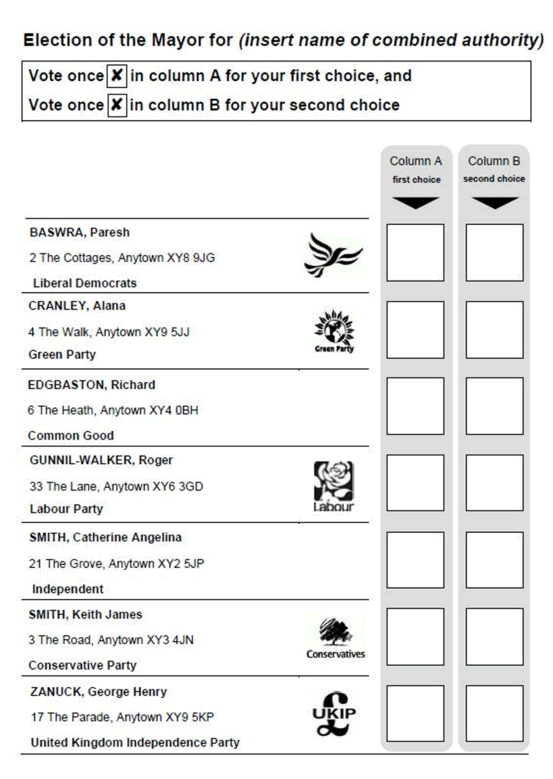 WMCA
WMCA If any candidate receives more than 50% of all the first choice votes, they are elected as Mayor of the West Midlands Combined Authority.
If this does not happen, the two candidates with the most first choice votes go through to a second round and all other candidates are eliminated.
The second choice votes for the eliminated candidates are then counted. If any of these second choice votes are for the top two candidates they are added to their first choice totals.
The candidate with the highest combined total of first and second choice votes will be elected as the Mayor.
How do I mark my vote?
Mark your vote in the usual way, with a single X in each of the columns indicated.
The ballot paper will list all the candidates standing. Next to the list of candidates there will be two columns.
You will be asked to:
- Vote for your first choice candidate by marking a cross (✘) in Column A, and
- Vote for your second choice candidate by marking a cross (✘) in Column B.
- You should not mark more than one cross in Column A, and you should not mark more than one cross in Column B.
- If you have marked a first choice, you can choose whether or not to mark a second choice.
- If you only mark a cross in Column B, your vote will not be counted.
This video explains how the Supplementary Voting System works:
This voting process is also used for the Police and Crime Commissioner elections.
For Local Elections, please ensure that you read the information printed on your ballot papers before casting your vote.
Why two votes for one Mayor?
The law states the voting process for the Mayoral elections must be done this way. It also allows you to say who would be your second choice for Mayor if your first choice is not in the top two after the first round of counting, and if there is not an outright majority winner at that stage.
What happens if I don’t make a second choice?
Your first choice vote will still be counted.
I don’t really like any of the candidates. What happens if I only mark an X in the second choice column?
Your vote will NOT be counted because it is not possible to identify who was your preferred candidate.
What if I mark an X in the first choice column for more than one candidate?
Your vote will not be counted as it is unclear who you wanted to vote for. If you wish to use both your votes, then you must mark an X in column A for your first choice candidate and also in column B for your second choice candidate.
With the Local Elections and PCC Elections being on the same day do I vote the same way for that as well?
For the PCC elections, YES, the voting process is the same as the Mayoral Elections, where you can vote for your first and second choice candidates.
For the Local Elections, vote for no more than the number of candidates stated on your ballot paper by marking an X next to the candidate(s) you wish to vote for.
Where can I find out more?
You can find out more about the West Midlands mayoral election here and updates via Twitter here.






